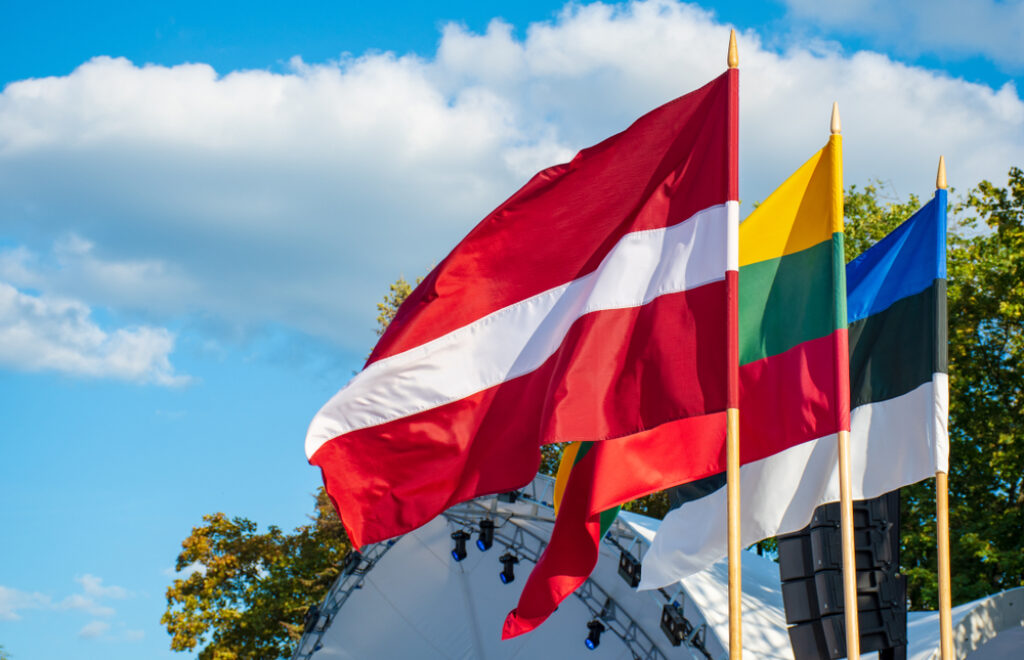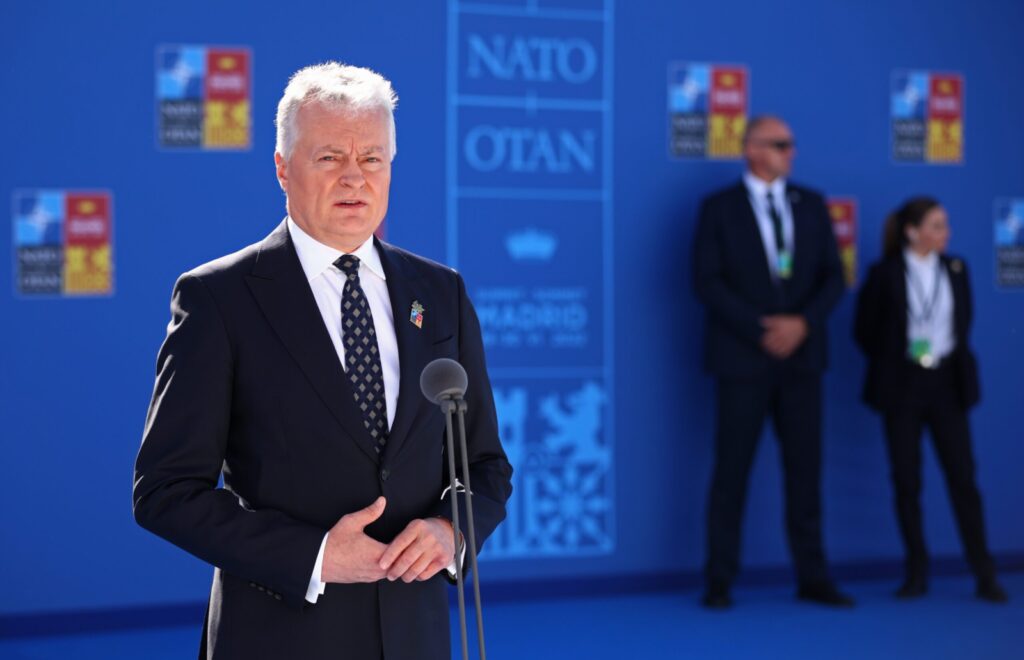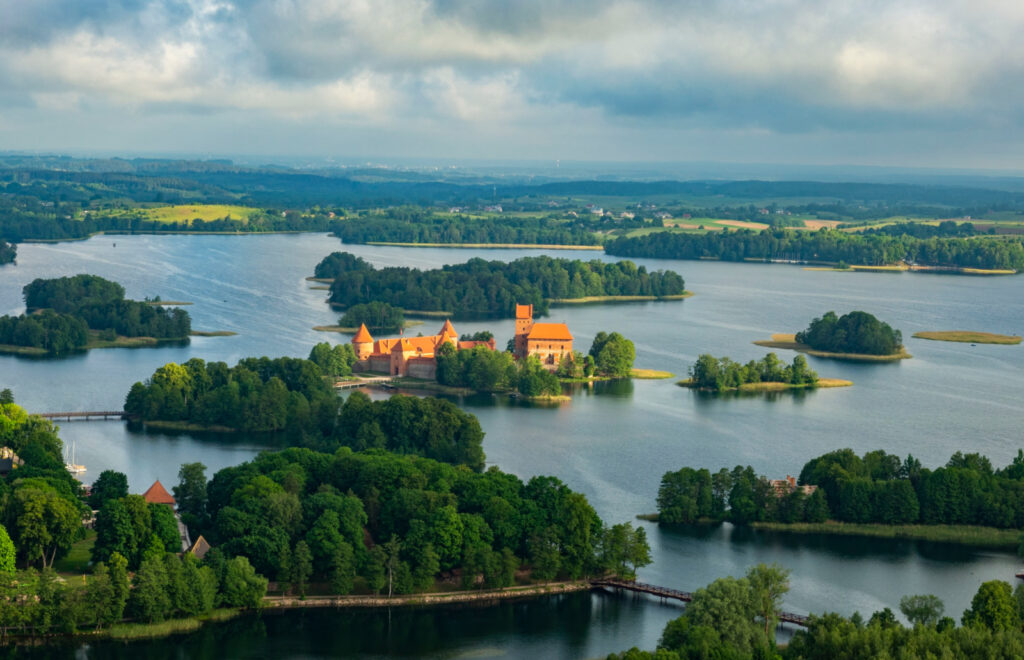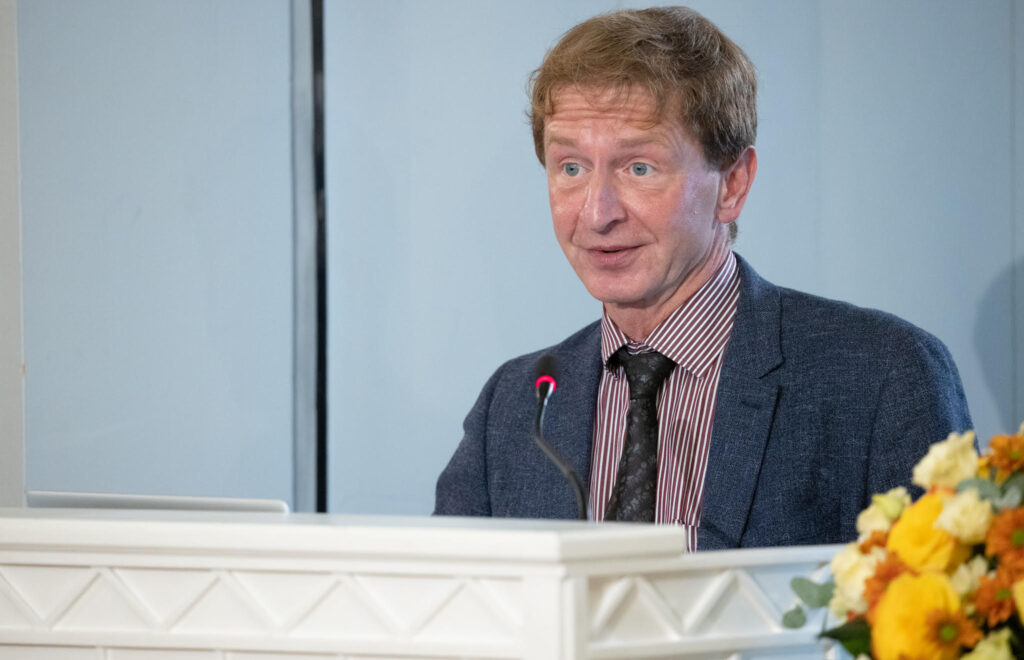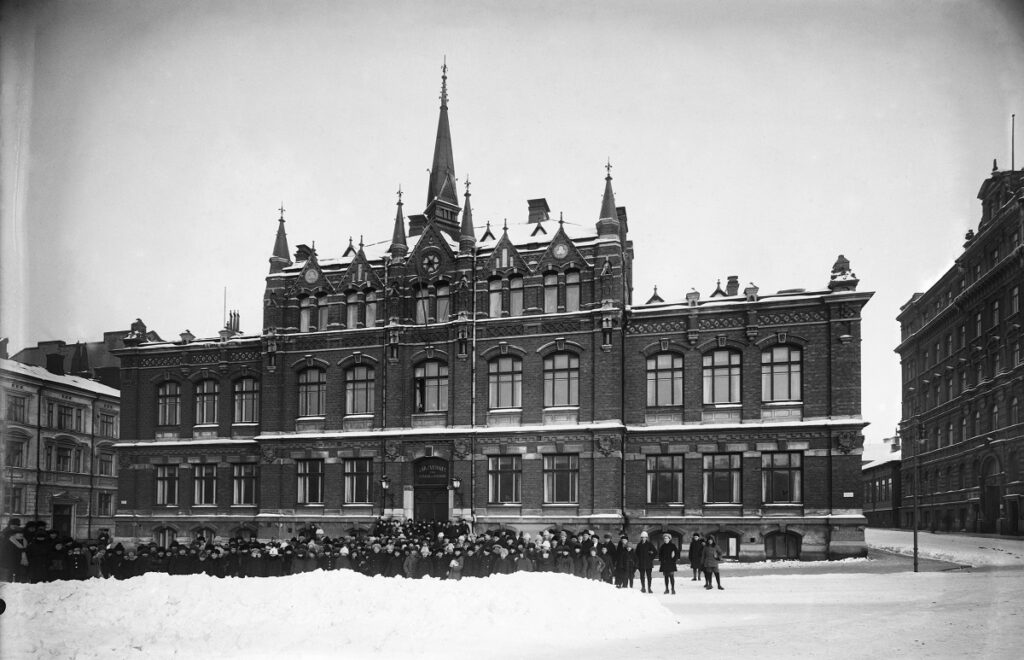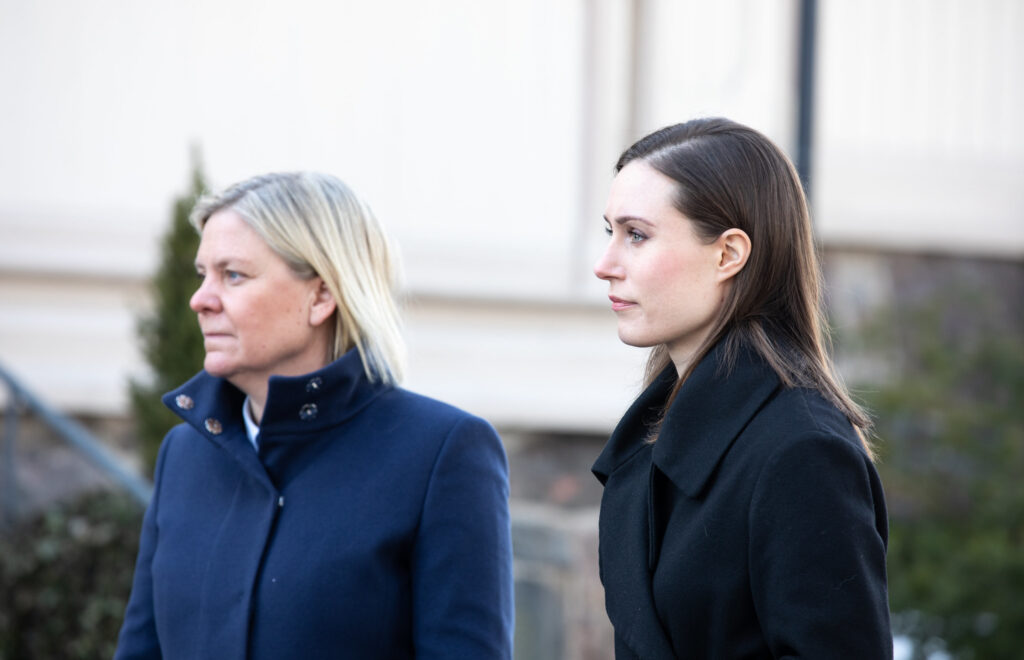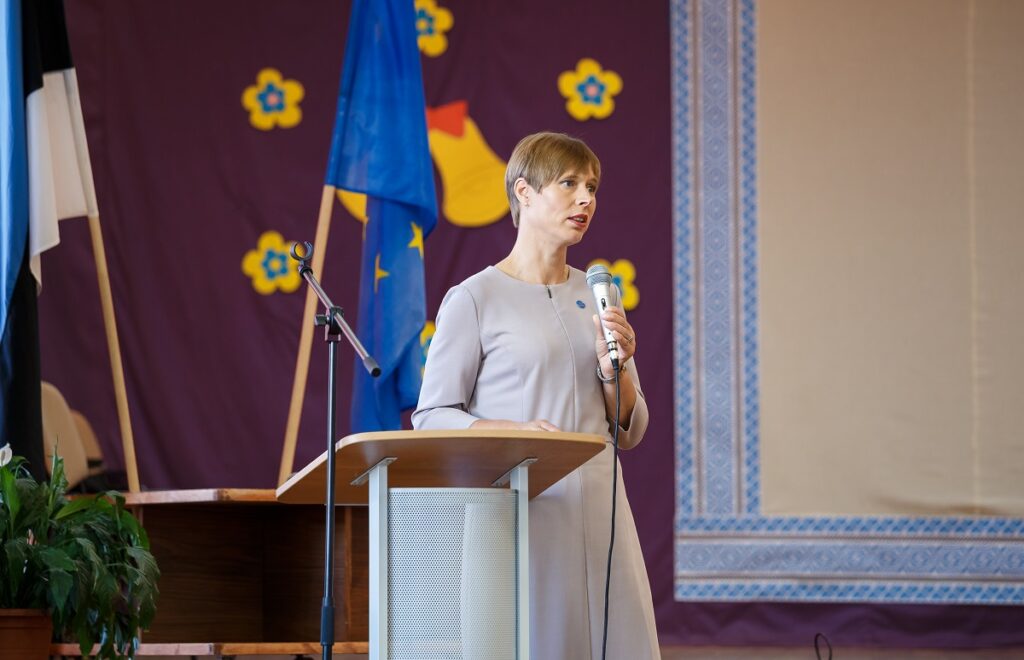Baltic voices – from the fringes to the fore
Voices of small states often go generally unnoticed in times of trouble, when grand geopolitics prevails over diplomacy. When the temperature heats up, both observers and decision-makers tend to focus on power dynamics and the imperium of the strong. In the context of Russia’s full-scale invasion of Ukraine, the Baltic states of Estonia, Latvia and Lithuania have proven that their small size does not automatically equal irrelevance.
July 4, 2023 - Stefano Braghiroli


